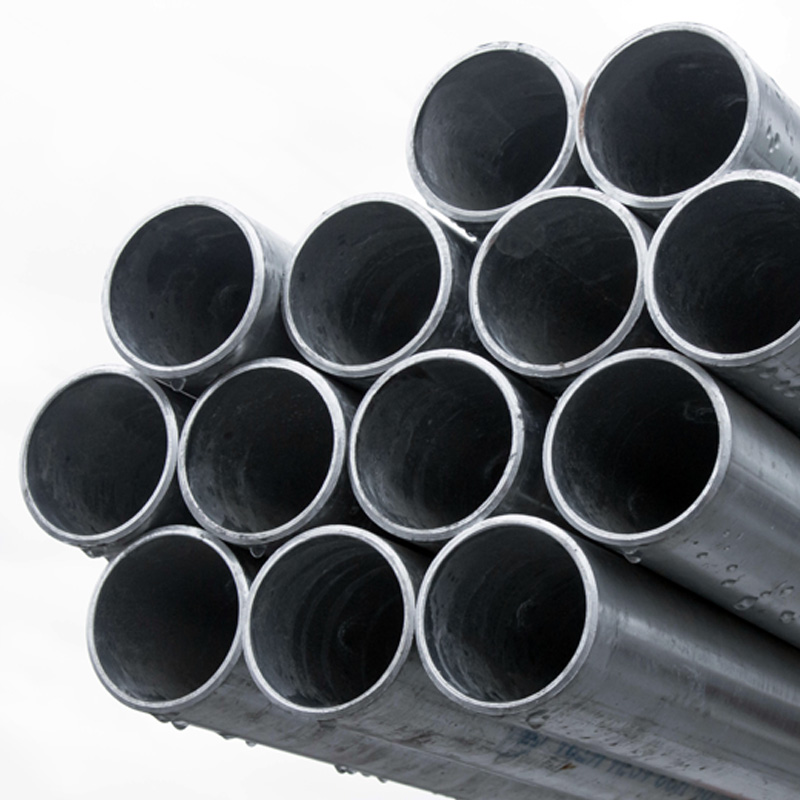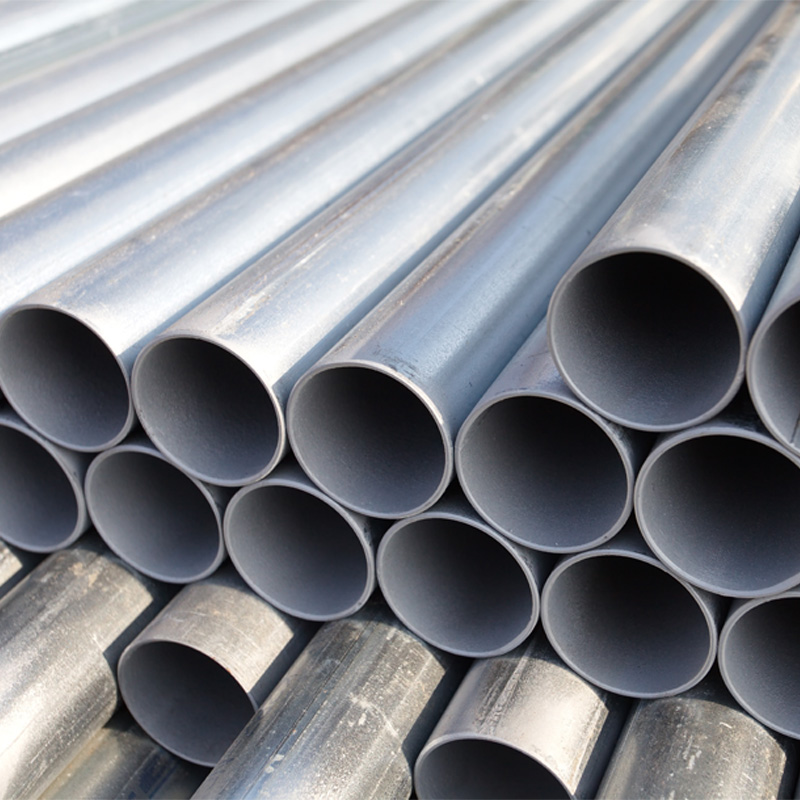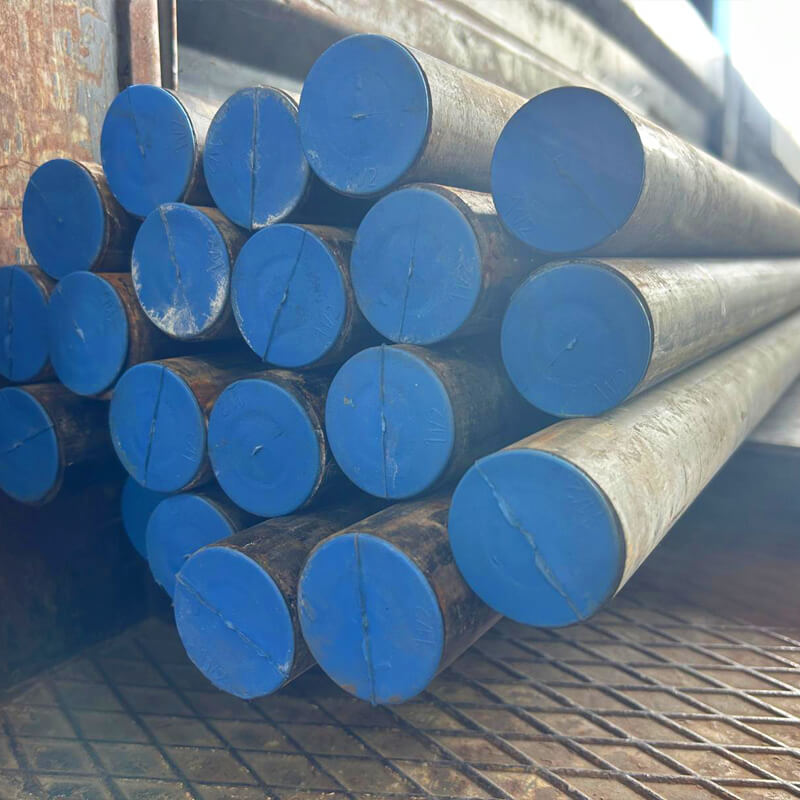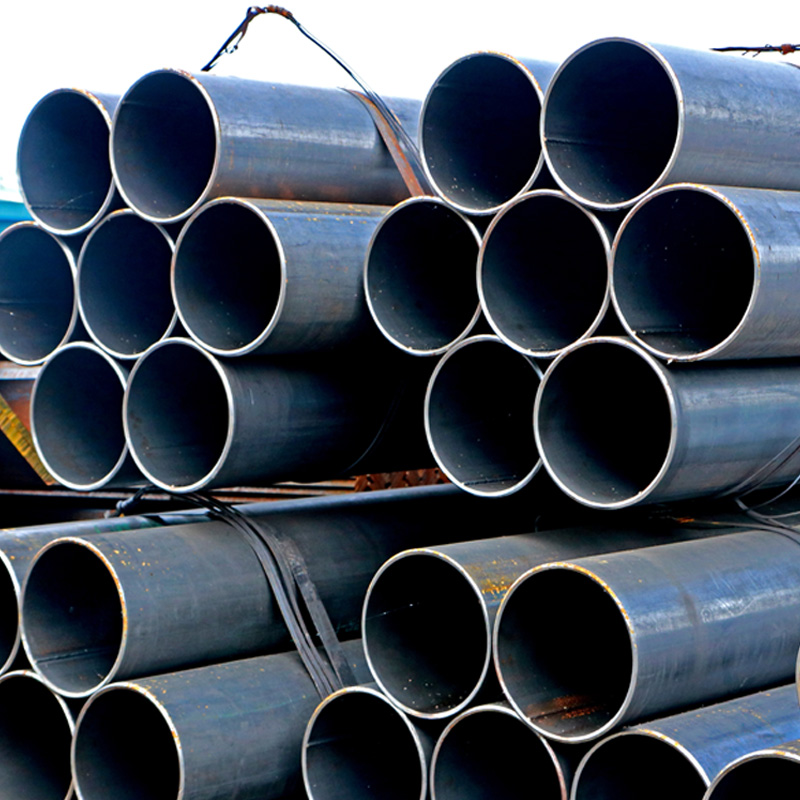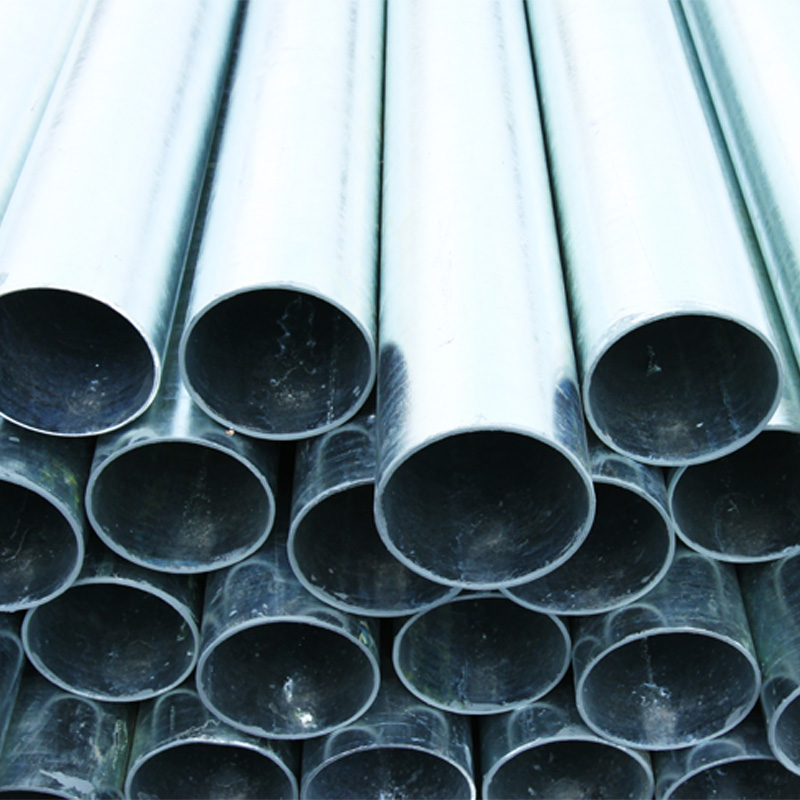What is Pipe Manufacturing?
Pipe manufacturing is the process of producing pipes using materials such as steel, plastic, copper, and aluminum to meet various industrial and consumer needs. These pipes are typically used for transporting fluids, serving as support elements in construction, or as parts of various industrial applications. Pipe manufacturers carefully plan the design, material selection, and production processes of the required pipes.
How Is Pipe Manufacturing Done?
Pipe manufacturing is a complex process consisting of several steps. Generally, the stages followed in pipe manufacturing can be summarized as follows:
- Material Selection: The material from which the pipe will be produced is determined based on the area of use. Steel pipes are typically used in areas requiring durability, while plastic pipes offer lightness and flexibility.
- Cutting and Preparation: In the initial stage of manufacturing, materials are cut to specific lengths and shapes. During this stage, the surfaces of the materials are carefully cleaned without leaving any blemishes or dirt.
- Shaping: Pipes are shaped according to the needed diameter and size. Shaping is usually done through rolling, extrusion, or welding methods.
- Welding and Assembly: Some pipes are produced by joining two or more pieces. Welding ensures that these pieces are joined in a durable and leak-proof manner.
- Surface Treatments: Surface coating processes may be applied to prevent the pipe from rusting or to increase its durability. Steel pipes are generally protected with galvanization.
- Testing and Quality Control: After production is completed, pipes undergo many quality control processes such as pressure resistance and leakage tests.
- Packing and Distribution: Pipes that pass the tests are packed suitably for transport and delivered to customers.
What Should Be Considered in Pipe Manufacturing?
Pipe manufacturing is a very delicate process, and there are important points to consider. Pipe manufacturers should pay attention to the following elements during these stages:
- Material Quality: The material used is critical for the durability and lifespan of the pipe. Poor quality materials can lead to early deformation of the products.
- Compliance with Standards: It is necessary to comply with national and international standards in production. This ensures that the pipes can be used safely.
- Correct Forming Techniques: Incorrect forming can negatively affect the pipe's performance. Therefore, appropriate forming methods should be chosen.
- Testing Phase: Testing each pipe is essential to prevent potential failures. Especially leakage testing is vital to avoid problems during operation.
What Are the Most Common Methods Used in the Pipe Manufacturing Process?
The methods used in pipe manufacturing vary according to material and design requirements. The most commonly preferred methods are:
- Extrusion: In this method, the material is heated and melted and then passed through a mold to form a pipe. It is widely used in the production of plastic pipes.
- Rolling: This method is typically preferred in steel pipe production. Metal sheets are passed through rollers to transform into a round shape.
- Welding: This method, used in the joining of steel pipes, ensures that the pipes are durable and long-lasting.
- Casting: A method frequently used in the production of copper and aluminum pipes. The melted material is poured into special molds.
What Are the Forming Techniques Used in Pipe Manufacturing?
Pipe forming is a critical stage that determines the design and functionality of the pipe. The techniques used are as follows:
- Rolling: Levha saclar is a technique used to make sheet metals round. It is very common among steel pipe manufacturers.
- Extrusion: Preferred for shaping plastic and aluminum pipes. The material is heated and melted before being passed through molds to form a pipe.
- Deep Drawing: A technique used to precisely adjust the diameter and thickness of the pipe.
- Forging: A technique applied to shape metal materials. It is preferred for more durable and long-lasting pipes.
Pipe manufacturing is an important industrial activity that meets the needs of a wide range of applications. Pipe manufacturers continue to produce high-quality and long-lasting pipes by following technology and innovations. Every stage of pipe manufacturing affects the performance and durability of the pipes; therefore, the process must be carried out meticulously.
How Are High-Pressure Resistant Pipes Manufactured?
High-pressure resistant pipes are typically used in areas with challenging conditions, such as oil, natural gas, chemical transportation, and industrial applications. Certain stages are followed for the production of these pipes.
Material Selection: Steel, stainless steel, or special alloys are used for high-pressure resistant pipes. These materials are ideal for strength and durability.
Manufacturing Techniques: The following techniques are used to ensure pipes are durable:
Extrusion: Produced in pipe shape by passing heated metals through molds.
Welding: Welding technologies are prominent in the production of welded pipes.
Heat Treatments: Tempering and hardening processes are applied to increase the strength of the pipes.
Quality Control: It is essential to test pipes for cracks, deformation, or material defects. Pressure tests and x-ray inspections are indispensable in production.
Companies that produce pipes strive to meet high quality standards by utilizing innovative technologies in these processes.
Applications and Advantages of Pipes in the Construction Sector
Pipe production is widely used in various areas of the construction sector. Some of these areas and their advantages are as follows:
Water and Wastewater Systems: PVC, PPR, and steel pipes are used in the water supply and wastewater systems of buildings. They are notable for their durability and longevity.
Natural Gas and Heating Systems: Companies that produce pipes design high-quality steel pipes to safely transport natural gas. These pipes are both durable and environmentally friendly.
Structural Support Systems: Steel pipes are used as scaffolding or support systems in building construction. Their lightweight yet durable nature helps reduce costs.
Underground Transport Systems: Pipe production plays a key role in infrastructure projects like sewer and stormwater drainage. Polyethylene (PE) pipes offer advantages of flexibility and corrosion resistance.
Companies that produce pipes contribute to the advancement of the construction sector by developing specialized solutions for the needs of various industries.
Turkey's Export Potential in Pipe Production
Turkey is a significant player worldwide in pipe production, known for both high-quality materials and cost-effective solutions. Pipe manufacturing companies operate in various categories, such as steel, plastic, and composite pipes, and are increasing their export capacity each year.
Main Markets: The primary target markets for Turkish pipe production are the European, Middle Eastern, and African regions. Especially the EU countries stand out for their demand for quality pipe products.
Competitive Advantage: Turkish pipe manufacturing companies have an advantage over international competitors due to both fast delivery times and cost-effective structures. In addition, the production of environmentally friendly and recyclable materials in pipes is in high demand in the export market.
Government Incentives: Incentives provided by the government to support the export of pipe manufacturing companies help the sector grow and develop.
Advantages of Using Recycled Materials in Pipe Manufacturing
Recycled materials offer eco-friendly solutions in pipe production and reduce costs. Reclaimed PVC and PE materials are commonly used for plastic pipes.
Cost Reduction: Recycled materials provide an economic advantage for pipe manufacturers by lowering raw material costs.
Environmental Protection: Recycling plastic waste conserves natural resources and reduces carbon footprint.
Lightweight and Flexibility: Pipes made from recycled materials are generally lighter and more flexible. This reduces transportation and installation costs.
Pipe manufacturers contribute to environmental protection and meet market demands by investing in recycling technologies.
Innovative Marketing Strategies for Pipe Manufacturers
The intense competition in the pipe sector forces companies to implement innovative marketing strategies.
Digital Transformation: Pipe manufacturing companies should increase their presence on online platforms. Product promotion can be effectively done with a professional website and social media strategies.
B2B Marketing: Organizing special campaigns for target clients like construction, energy, and water infrastructure companies supports long-term business partnerships.
Certification and Quality Documents: Supporting products with international certifications is one of the most effective ways to gain customer trust.
Training and Seminars: Trainings and seminars providing technical knowledge about pipe manufacturing enhance sectoral awareness.
Reference Projects: Successfully completed projects in the past can be used to attract the attention of new clients.
Adopting these strategies helps pipe manufacturing companies gain a competitive advantage in both local and international markets.

 TR
TR

 Box Profiles
Box Profiles Sheets
Sheets Pipes
Pipes Rolling Mill Products
Rolling Mill Products Construction Steels
Construction Steels Steel Meshes
Steel Meshes Construction Steel
Construction Steel Engineering Steels
Engineering Steels